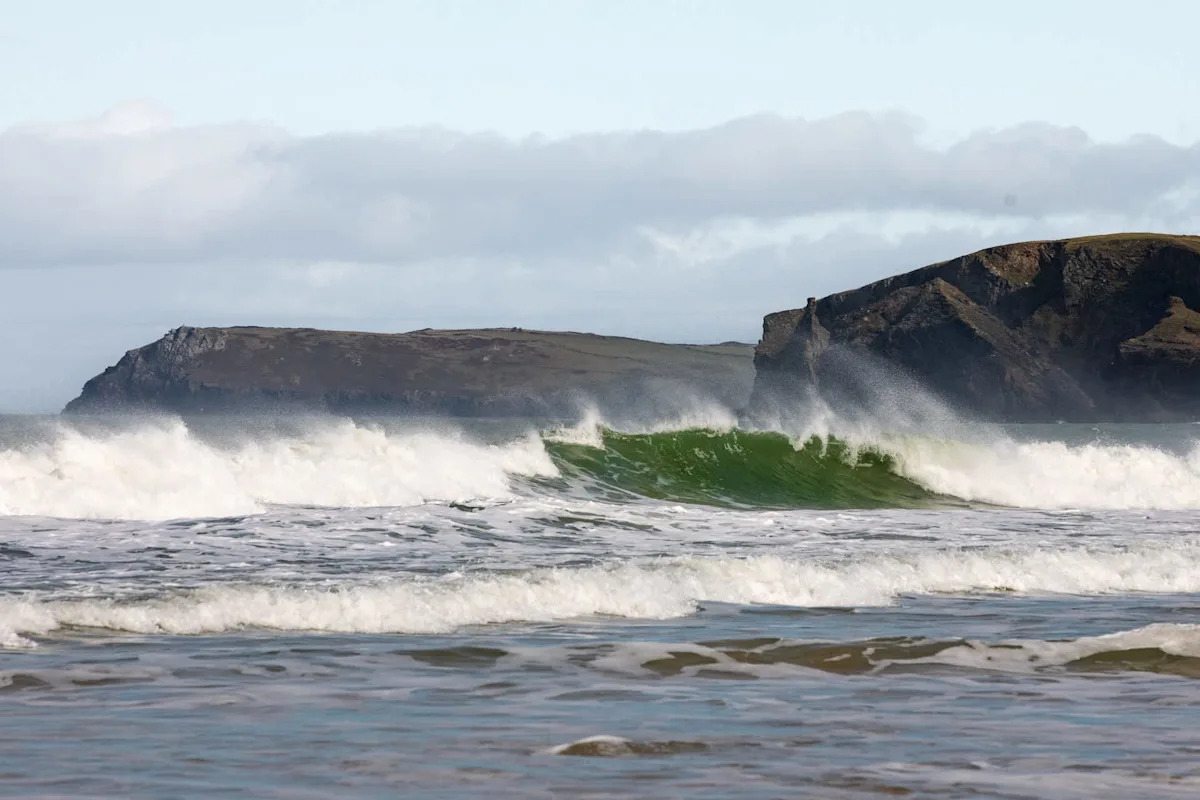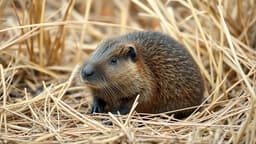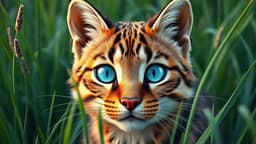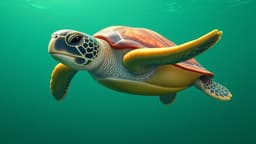Home / Environment / Rare Deep-Sea Fish Spotted Off Cornwall Coast, Sparking Climate Change Concerns
Rare Deep-Sea Fish Spotted Off Cornwall Coast, Sparking Climate Change Concerns
11 Nov, 2025
Summary
- Wreckfish, a rare deep-sea fish, spotted off Cornwall coast for first time in 20 years
- Sightings of unusual marine life, including ocean sunfish, in Cornwall this year
- Marine scientists say these rare appearances may reflect changing water conditions due to climate change

On November 11, 2025, a rare deep-sea fish has been spotted off the southwestern coast of England for the first time in two decades, sparking concerns about the impact of climate change on marine ecosystems. The sighting of a wreckfish, a prehistoric species usually found in deep waters, near the village of Lamorna in Cornwall has raised questions about shifting patterns in the region's rich marine life.
Diver Charles Hood, who has filmed sharks in Cornish waters for over 20 years, came face-to-face with the massive 7-foot-long wreckfish while swimming with blue sharks. According to Hood, deep-sea anglers sometimes catch these rare fish well offshore, but seeing one near the surface is highly unusual.




